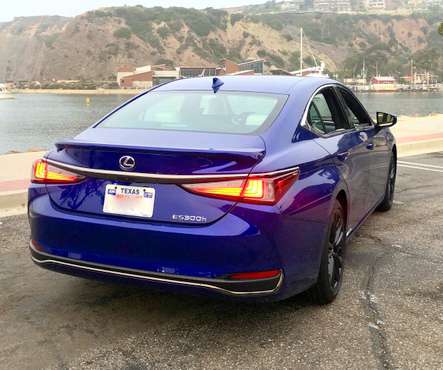BorgWarner suggests Valve-Event Modulated Boost system can offer 6-17% fuel economy benefit over already downsized and turbocharged engines
Green Car Congress
MAY 9, 2012
to 2 ratio points and maintain the same knock limit for an additional 3-4% improvement in fuel economy. It avoids pumping work through the turbocharger to improve fuel economy, and by phasing the two cams, the lobes, relative to each other we can actually modulate boost. Source: Borgwarner. Click to enlarge.





































Let's personalize your content